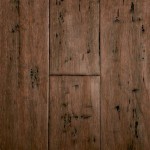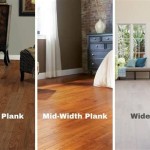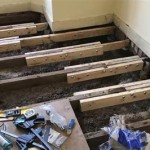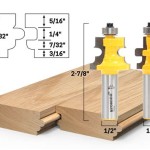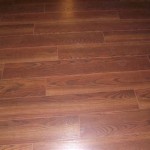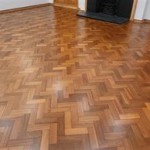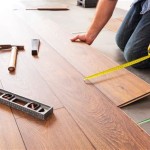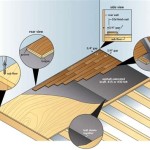Essential Considerations for Adhesive Selection in Vinyl Flooring on Wood
When embarking on the task of installing vinyl flooring over a wooden subfloor, meticulous consideration must be given to the adhesive used. The proper adhesive ensures a durable, long-lasting bond between the vinyl and wood, preventing costly repairs and premature replacement. Navigating the vast array of adhesive options available can be daunting, but understanding the critical factors to consider will empower you to make an informed decision.
Adhesive Composition
Adhesives for vinyl flooring on wood come in two primary forms: water-based and solvent-based. Water-based adhesives are environmentally friendly and easier to clean up, but they may have longer drying times. Solvent-based adhesives offer stronger bonds and faster curing times, but they emit volatile organic compounds (VOCs) and require proper ventilation during application.
Floor and Subfloor Compatibility
The adhesive you choose must be compatible with both the vinyl flooring and the wooden subfloor. Different types of vinyl flooring (e.g., sheet, tile, plank) require specific adhesive formulations. Similarly, the type of wood (e.g., plywood, engineered hardwood, subfloor) will dictate the appropriate adhesive. Always consult the manufacturer's instructions to ensure compatibility.
Bond Strength and Durability
The bond strength of the adhesive is crucial for ensuring a secure installation. High-bond adhesives provide exceptional resistance to shear forces and maintain their integrity over time. Durability is equally important, as the adhesive should withstand the rigors of daily use, temperature fluctuations, and moisture exposure.
Coverage and Application
The coverage of the adhesive refers to the area it can cover per unit volume. Choose an adhesive with ample coverage to minimize waste and ensure uniform application. The application method, whether it involves troweling, rolling, or spraying, should be considered based on the specific adhesive and your installation preferences.
Drying and Curing Times
The drying and curing times of the adhesive determine the amount of time required before the flooring can be walked on and used. Drying time refers to the period when the adhesive loses its moisture content, while curing time indicates when it has reached its full strength. Allow ample time for both processes to ensure a proper and secure installation.
Professional Installation Considerations
If you are not confident in your ability to install vinyl flooring over wood, it is highly recommended to hire a professional. Experienced installers have the knowledge and expertise to select the appropriate adhesive, ensure proper preparation, and execute a flawless installation. Professional installation can save you time, effort, and the risk of costly mistakes.

What S The Best Glue To Use For Vinyl Flooring Sprayidea

Goodhome Poprock Rustic Wood Planks Effect Self Adhesive Vinyl Plank Pack Of 8 Diy At B Q

Goodhome Poprock White Wood Planks Effect Self Adhesive Vinyl Plank Pack Of 7 Diy At B Q

How To Fix Loose Or Curling Self Adhesive Vinyl Floor Tiles L And Stick Pvc

Goodhome Poprock Multi Blue Wood Planks Effect Self Adhesive Vinyl Plank Pack Of 7 Tradepoint

Goodhome Poprock Maple Wood Planks Effect Self Adhesive Vinyl Plank Pack Of 8 Diy At B Q

Putting Down Self Adhesive Vinyl Floor Tiles Flooring Supplies

Oak Wood Grain Luxury Vinyl Tiles Self Adhesive Floor Pvc Tile China L And Stick Flooring Made In Com

Kingmann Self Adhesive Rustic Wood Effect Vinyl Planks Flooring B M S

Washed Planks Woodgrain Floor Tiles Self Adhesive Vinyl D C
Related Posts

